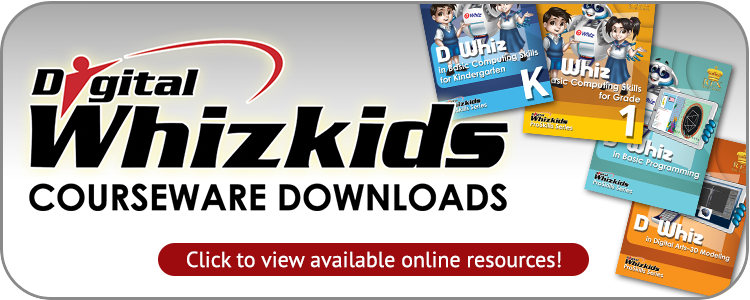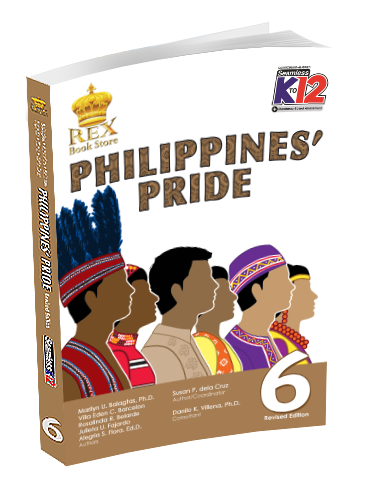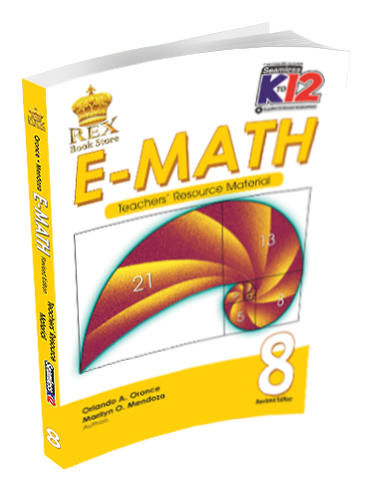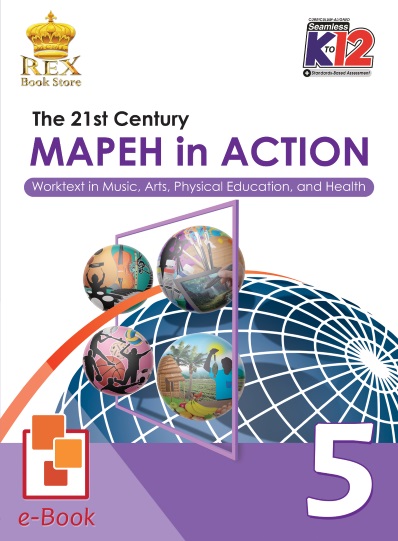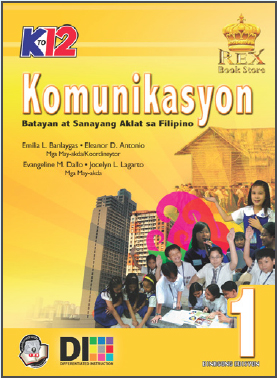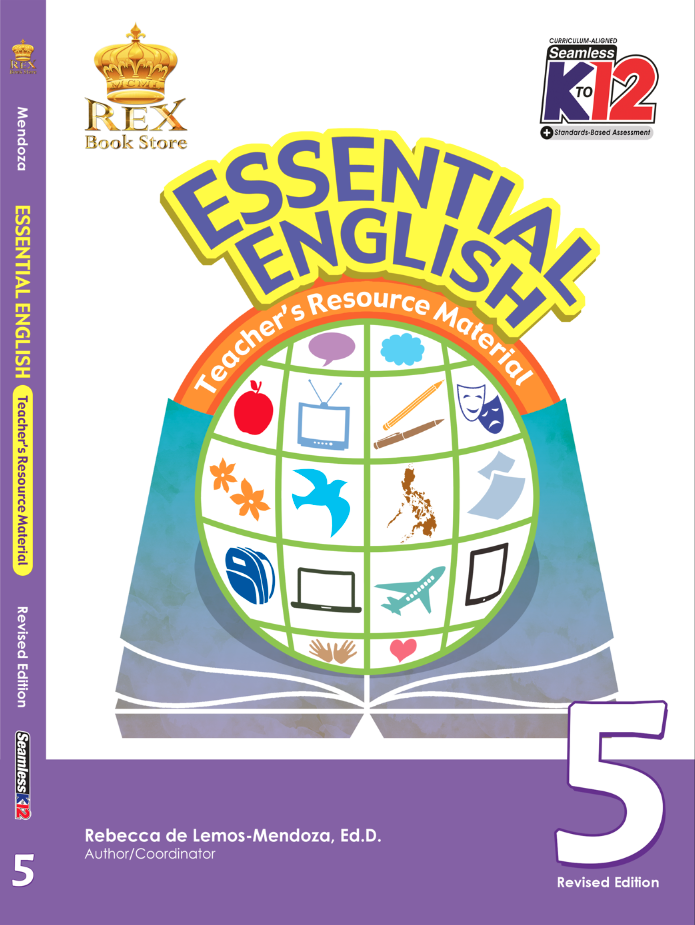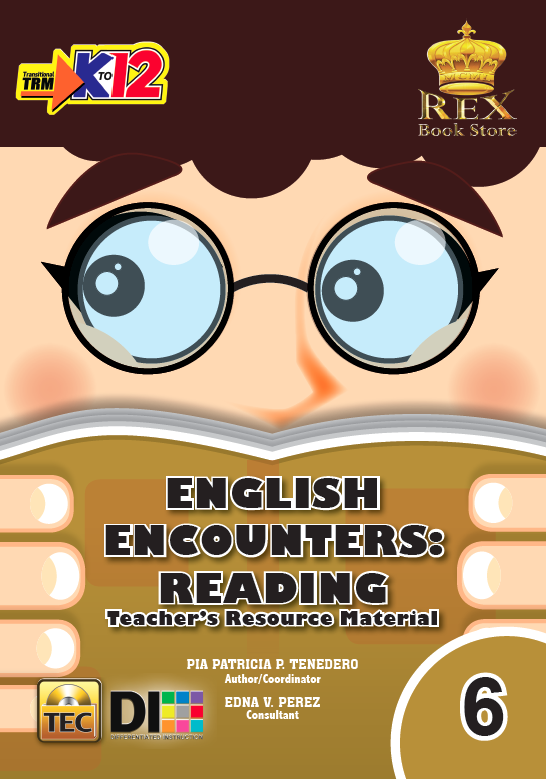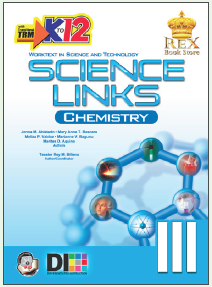Downloads
The New Science Links 4
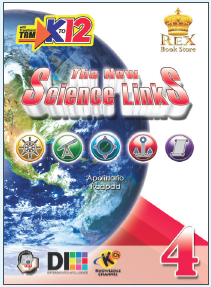 A series intended for Grades 1-6 which aims to develop
appreciation for Science by focusing on its applications to
real life.
A series intended for Grades 1-6 which aims to develop
appreciation for Science by focusing on its applications to
real life.
Filter IMs by :
Chapter 0
Lesson 0
Chapter 1
Lesson 1
Topic 1

The presentation starts with a little introduction. The presentation is like in an ordinary classroom setting clearly illustrates how the skeletons work.
Topic 4

The activity illustrates the part of a bone and how it looks like.
Topic 64

The activity entails the pupils to unscramble the letters of the parts of a plant.
Lesson 2
Topic 8

The activity discusses the common diseases of the skeletal system.
Chapter 2
Lesson 2
Topic 1

The presentation starts with a little introduction. The presentation is like in an ordinary classroom setting clearly illustrates how the muscles work.
Topic 10

The activity requires the knowledge of identifying the function of the parts of the muscular system as well as other parts of the system that helps it.
Topic 11

The activity requires the pupils to identify the parts of the muscular system.
Topic 14

The activity contains common types of muscular disorders and their description. It also asks the pupils on ways to properly take care of the muscular system.
Topic 15

This activity is a combination of the parts and functions of the muscular system as well as the diseases, disorders, and injuries of the muscular system.
Topic 16

This activity makes the pupils identify the activities where the muscular and skeletal systems work together to complete one activity. It also asks the pupils to illustrate some of the activities mentioned in the presentation.
Topic 17

The activity lists 3 major/most common types of muscular and skeletal injuries as well as the corresponding treatments.
Topic 18

The activity asks the pupils to properly identify different kinds of muscular and skeletal injuries through a collage.
Topic 19

The activity provides an illustration/scenario where an injury happens and asks the pupils to identify the proper way of treating the injury. It also asks the pupil steps on how to properly take care of the muscular system.
Chapter 3
Lesson 1
Topic 21

The word hunt activity familiarizes the pupils to the parts of the digestive system.
Topic 22

The activity contains the two major parts of the digestive system and the pupils are tasked to identify the parts of the digestive system belonging in the group.
Topic 23

The pupils are tasked to make a model of the digestive system. The activity touches on the knowledge of the pupil about the digestive system and their creativity.
Topic 24

The pupils, through an illustration, identify the different parts (organs) of the digestive system.
Lesson 2
Topic 30

The activity contains illustrations on ways of preventing digestive illnesses. Letting the pupils describe each activity/picture.
Chapter 4
Lesson 2
Topic 33

The activity shows a list of animals and identify if they are hatched from eggs or were born as babies.
Topic 37

The activity illustrates the life cycle of a butterfly and a frog. It requires the pupils to properly identify the correct order of steps in its life cycle.
Topic 38

The activity illustrates the life cycle of a fly and a cow. It requires the pupils to properly identify the correct order of steps in its life cycle.
Topic 39

The activity contains questions on how animals and several organisms reproduce, the commonalities on how they reproduce, the differences between external and internal fertilization, and how the animals affect the community.
Lesson 3
Topic 1

The activity gives information about the concepts of chemical pollution.
Topic 4

The activity helps the pupils to be aware of the endangered species of animals. It helps them understand better the nature of some of these animals and how to protect them.

The activity is useful for the pupils to be familiar with the different medicinal/herbal plants found in the Philippines.
Topic 43

The activity asks the pupils to identify their pets and how they take care of their pets. It also contains a table of harmful animals and how they can be harmful to the people.
Chapter 5
Lesson 2
Topic 50

The activity let’s the pupils illustrate a flower and identify its parts.
Topic 53

The activity entails the pupils to draw a flower and identify its parts.
Topic 55

The pupils are tasked to draw an illustration on how flowers are fertilized in this activity.
Lesson 3
Topic 62

The activity shows how seeds are dispersed. It asks the pupils questions on how the seeds are being dispersed.
Topic 63

The activity lets the pupils illustrate the different kinds of seeds, their differences and similarities, as well as the ways on how they can be dispersed.
Chapter 8
Lesson 2
Topic 80

The activity lets the pupils illustrate ways on how to prevent pollution.
Chapter 9
Lesson 1
Topic 1

2010 Philippine Typhoon Season
Chapter 10
Lesson 2
Topic 1

Music Video : What a Wonderful World by Louis Armstrong


